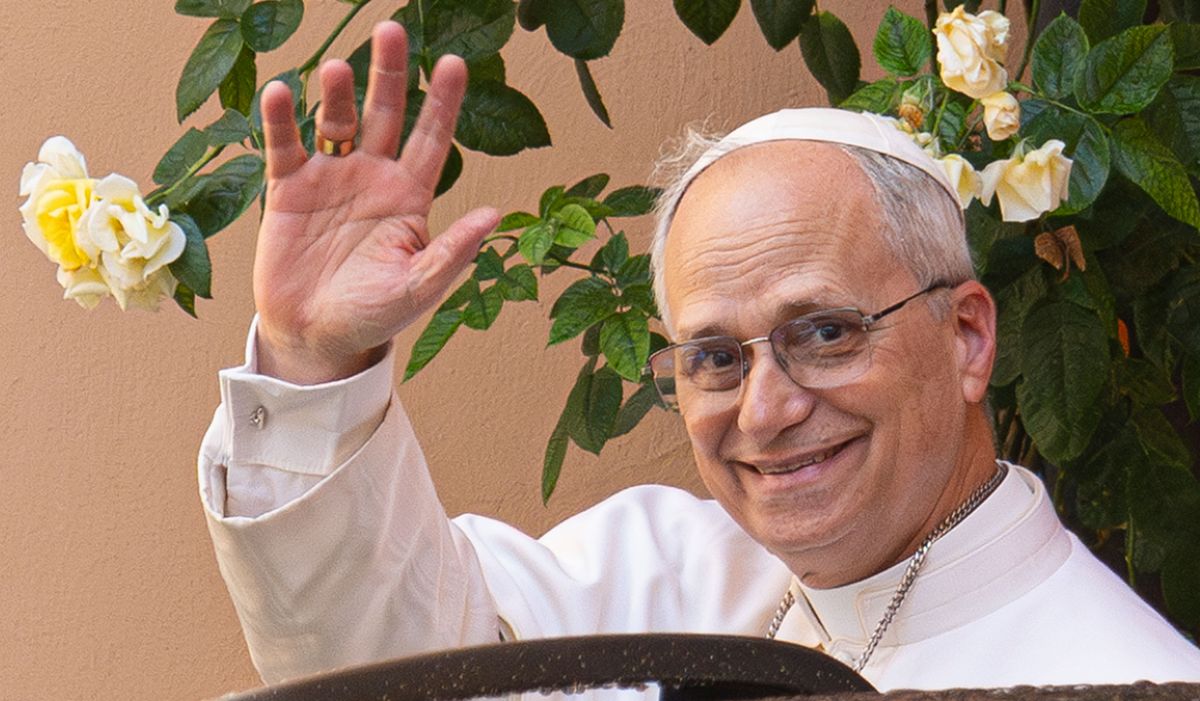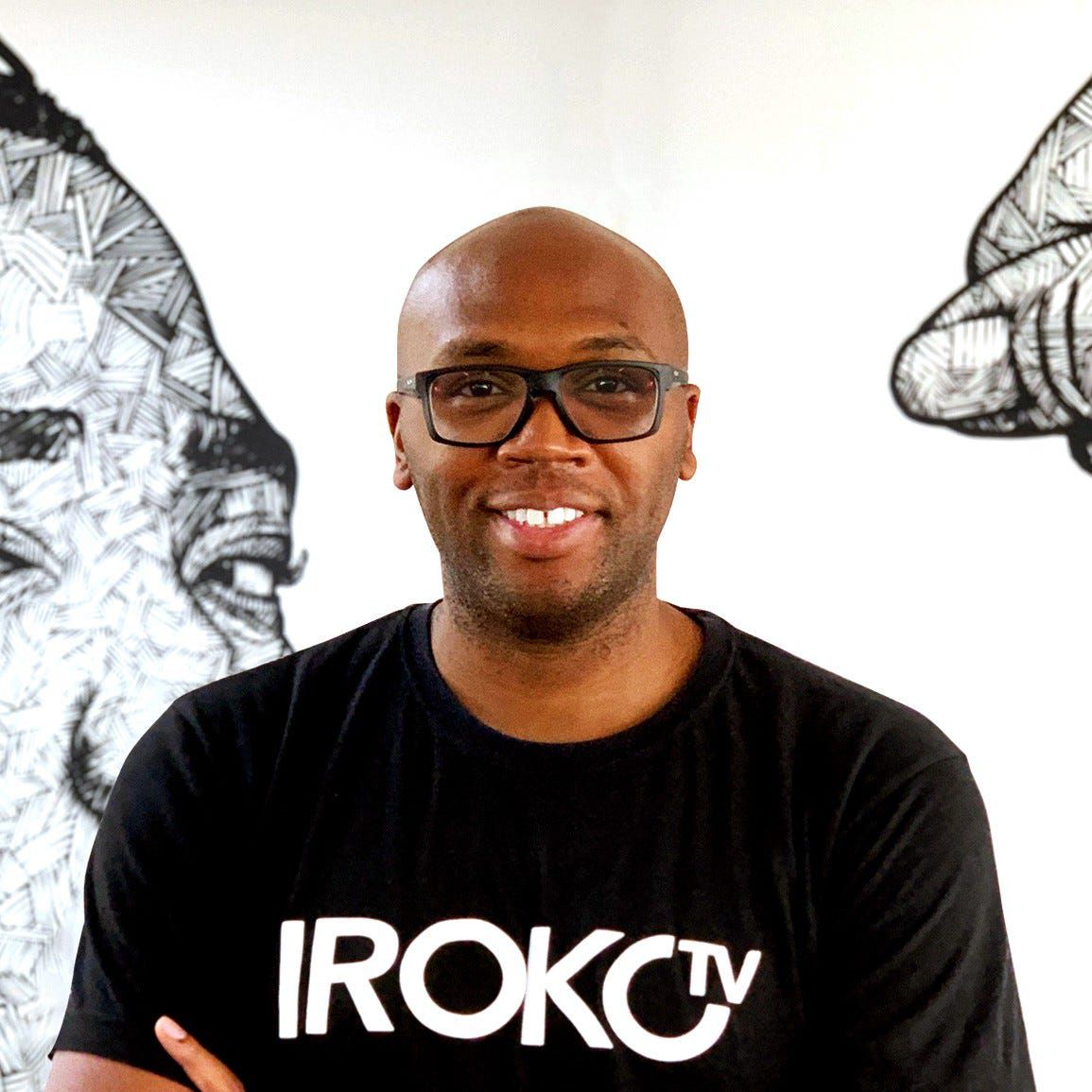Pope Leo XIV Makes History as First American Pontiff, Calls for Justice, Unity

Pope Leo XIV, marking history as America’s first pontiff, delivered a powerful message against economic injustice and urged ecclesiastical harmony during his inaugural celebration at St. Peter’s Square on Sunday.
This was witnessed by global dignitaries and a massive congregation of the faithful.
The newly elected 267th successor to St. Peter made his ceremonial entrance aboard the iconic popemobile, drawing thunderous acclaim from the assembled multitude as he circled the historic plaza for his debut papal procession. Vatican officials estimated that roughly 100,000 worshippers had gathered for the commencement of the liturgical ceremony.
While making his rounds in the papal vehicle, Leo XIV paused momentarily to bestow a kiss upon a young child in the crowd.
Enthusiastic cries of “Viva il Papa” echoed throughout the square, accompanied by jubilant cheering and sustained ovations as the Holy Father proceeded toward the basilica to begin the sacred service.
Distinguished attendees at Sunday’s extensive two-hour ceremonial Mass included U.S. Vice President JD Vance, U.S. Secretary of State Marco Rubio, and Ukrainian President Volodymyr Zelensky, who were observed greeting each other cordially prior to the service’s commencement. The Pope has scheduled a private audience with Zelensky following Sunday’s events.
Peruvian President Dina Boluarte was also present, representing the nation where Pope Leo had spent many years in missionary work and episcopal leadership before his papal election.
The gathering reflected truly international participation, with Vatican representatives welcoming diplomatic delegations from over 150 countries worldwide.
In his homily—a pivotal moment for the new pontiff to articulate his pastoral vision—Leo XIV declared that the Catholic Church must reject “religious propaganda” and political maneuvering, instead promoting ecclesiastical unity. This was likely an address to the ideological tensions between progressive and traditional factions that intensified during Pope Francis’s tenure.
The pontiff also denounced economic structures that exploit “the Earth’s resources and marginalize the poorest.”
Following Francis’s example of modest leadership, Leo XIV emphasized that his selection as the Church’s supreme pastor was not due to personal achievement, but rather, he accepted the responsibility as a “brother, who desires to be the servant of your faith and your joy.”
Concluding the Mass, Leo XIV appealed for a “just and lasting peace” in Ukraine and extended prayers for Gaza, where “children, families, the elderly, [and] survivors are reduced to hunger.”

